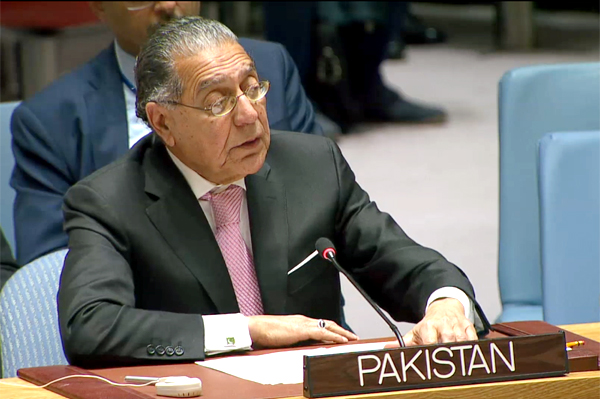Kathmandu, the capital of Nepal, is in chaos after deadly protests by young people known as “Gen Z.” On Monday, police firing killed 19 protesters, sparking widespread anger and violence. By Tuesday, government buildings, party offices, and even the homes of former Prime Ministers were set on fire.
The protests forced Prime Minister K P Sharma Oli to resign, while President Ram Chandra Poudel went into hiding under Army protection. With the government collapsed, the Army has taken charge of security and appealed for calm.
Who Are the Protesters?
The protesters are mostly young Nepalis born between 1996 and 2012 — the “Gen Z” generation. Their anger grew from frustration with corruption, inequality, and lack of job opportunities.
The immediate trigger was the government’s decision to ban 26 social media platforms, including Facebook, WhatsApp, Instagram, X, and YouTube. These platforms were the main way young people shared their views and built solidarity. The ban deepened their anger, and when police opened fire on demonstrators, the situation exploded.
Targets of Public Anger
The fury of protesters was directed at Nepal’s top political leaders. Homes of at least five former Prime Ministers — Oli, Prachanda, Madhav Kumar Nepal, Jhala Nath Khanal, and Sher Bahadur Deuba — were burned or attacked.
Some leaders were injured, including Deuba and his wife Arzu Deuba, Nepal’s foreign minister. Former PM Khanal’s wife died in a fire at their home. Other ministers were stripped and paraded on the streets.
Protesters also stormed Nakkhu Central Jail, freeing Rabi Lamichhane, a popular politician and critic of Oli.
What Do the Protesters Want?
The young demonstrators are demanding more than just the lifting of the social media ban. They want an end to corruption, better job opportunities, and accountability from leaders who they accuse of misusing power for decades.
What Happens Next?
With Oli gone and parliament in crisis, Nepal faces a deep political vacuum. The Army says it does not want to take political power but will help maintain order and push leaders towards dialogue. Calls for dissolving parliament and forming an interim government are growing.
Opposition leaders like Kathmandu Mayor Balen Shah and RSP chief Lamichhane have openly supported the protesters. Even former King Gyanendra Shah has called for dialogue, raising speculation about a possible role in Nepal’s future politics.
India’s Response
India, closely watching the crisis in its neighbour, has expressed concern. Prime Minister Narendra Modi chaired a high-level security meeting, stressing that “peace, stability, and prosperity in Nepal are of utmost importance to India.”
Nepal now stands at a turning point. With its young generation demanding change, the future of its political system is uncertain.



